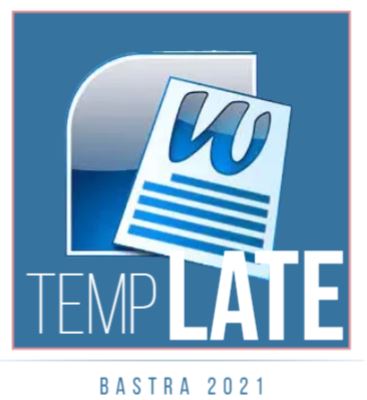ANALISIS KESALAHAN PENULISAN PREPOSISI DI- DALAM KARANGAN CERITA PENDEK SISWA MA MAWAR
Keywords:
analysis of language errors, prepositions, short storiesAbstract
This research was conducted at MA Matholi'ul Anwar in the odd semester of the 2023/2024 academic year. This research aims to find out errors in writing prepositions in the short story essays of class XI.2 MA Matholi'ul Anwar students. The research method used is a qualitative descriptive method. The data in this research are three short story essays by class XI MA Matholi'ul Anwar students. The research results showed that there were 24 errors in writing the preposition di-. The error is in the form of writing a preposition that is not as it should be. The preposition di- should be separated from the next word, but in the student's essay, all prepositions di- are written combined with the next word.
Downloads
Published
How to Cite
Issue
Section
License
Copyright (c) 2024 BASTRA : Jurnal Penelitian Pendidikan Bahasa dan Sastra

This work is licensed under a Creative Commons Attribution-ShareAlike 4.0 International License.
Authors who publish with PENTAS agree to the following terms:
Authors retain copyright and grant the Engagement right of first publication with the work simultaneously licensed under a Creative Commons Attribution License (CC BY-SA 4.0) that allows others to share (copy and redistribute the material in any medium or format) and adapt (remix, transform, and build upon the material) the work for any purpose, even commercially with an acknowledgement of the work's authorship and initial publication in BASTRA.
Authors are able to enter into separate, additional contractual arrangements for the non-exclusive distribution of the journal's published version of the work (e.g., post it to an institutional repository or publish it in a book), with an acknowledgement of its initial publication in BASTRA.
Authors are permitted and encouraged to post their work online (e.g., in institutional repositories or on their website) prior to and during the submission process, as it can lead to productive exchanges, as well as earlier and greater citation of published work (See The Effect of Open Access).

This work is licensed under a Creative Commons Attribution-ShareAlike 4.0 International License.







